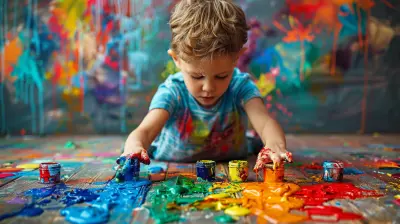How Travel Can Build Cultural Awareness in Students
19 November 2025
Travel isn’t just about ticking places off a bucket list or snapping selfies with famous landmarks. For students, it’s a game-changer. It can completely reshape how they see the world, including how they see themselves. When students hop on a plane or even take a road trip across the country, they aren’t just moving through space—they’re stepping into new perspectives, beliefs, and experiences. Simply put, travel builds cultural awareness in a way no textbook ever could.
So, how exactly does travel work its magic on young minds? Let’s unpack that.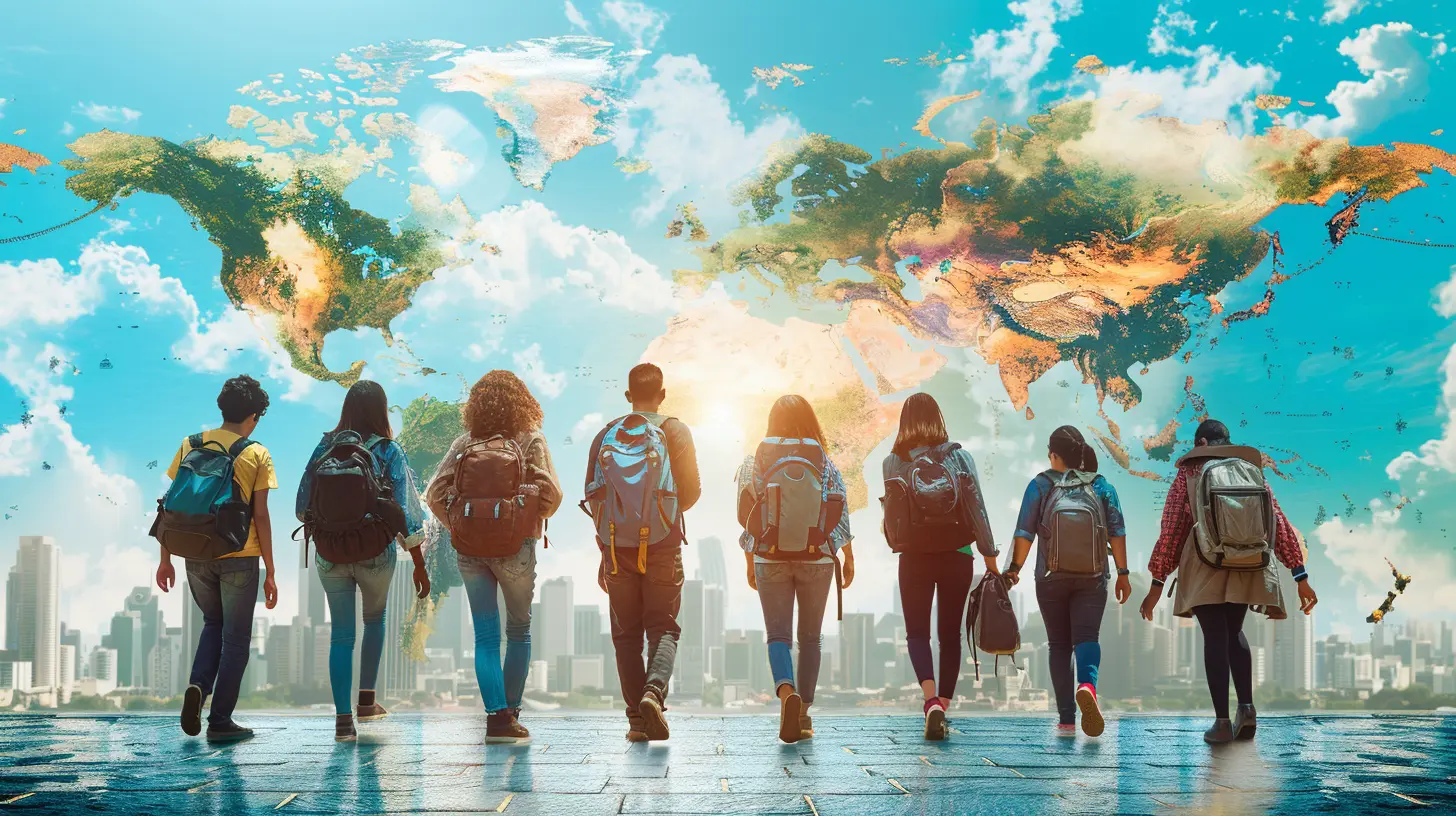
What Is Cultural Awareness, Anyway?
Before we dive in, let’s get on the same page. Cultural awareness is all about recognizing and respecting the differences and similarities between cultures. It’s understanding that your way isn't the only way—and definitely not the “right” way.You know that feeling when you walk into someone else’s home and notice things are done differently? That’s the beginning spark of cultural awareness. Now just imagine multiplying that feeling by a hundred when entering a whole new country.
And why is cultural awareness important? Because we live in a wildly interconnected world. Whether you're making friends, doing business, or just existing on the internet, you’re gonna bump into people who don’t think, act, or see the world like you do.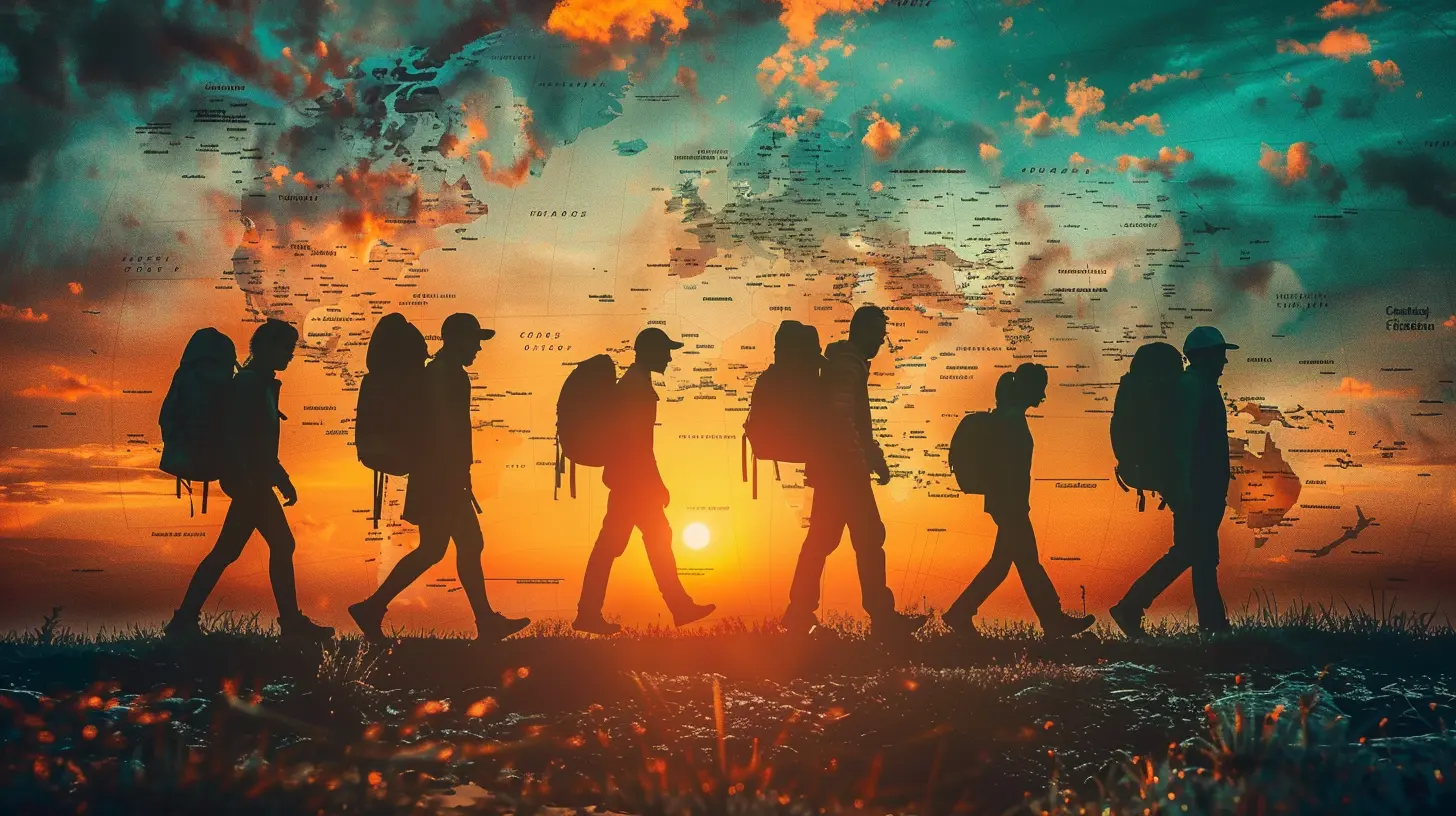
Why Classrooms Alone Don't Cut It
Let’s be honest—reading about a culture in a textbook versus experiencing it firsthand? Not even in the same league.Sure, you can learn about the French Revolution or Kenyan traditions in a lecture. But there’s something powerful about sipping coffee at a Parisian café or dancing at a local festival in Nairobi. You don’t just learn about a culture; you feel it. You live it. And that’s a whole different level of understanding.
Textbooks spill the facts. Travel gives students the context, the emotions, and the “aha” moments that stick with them for life.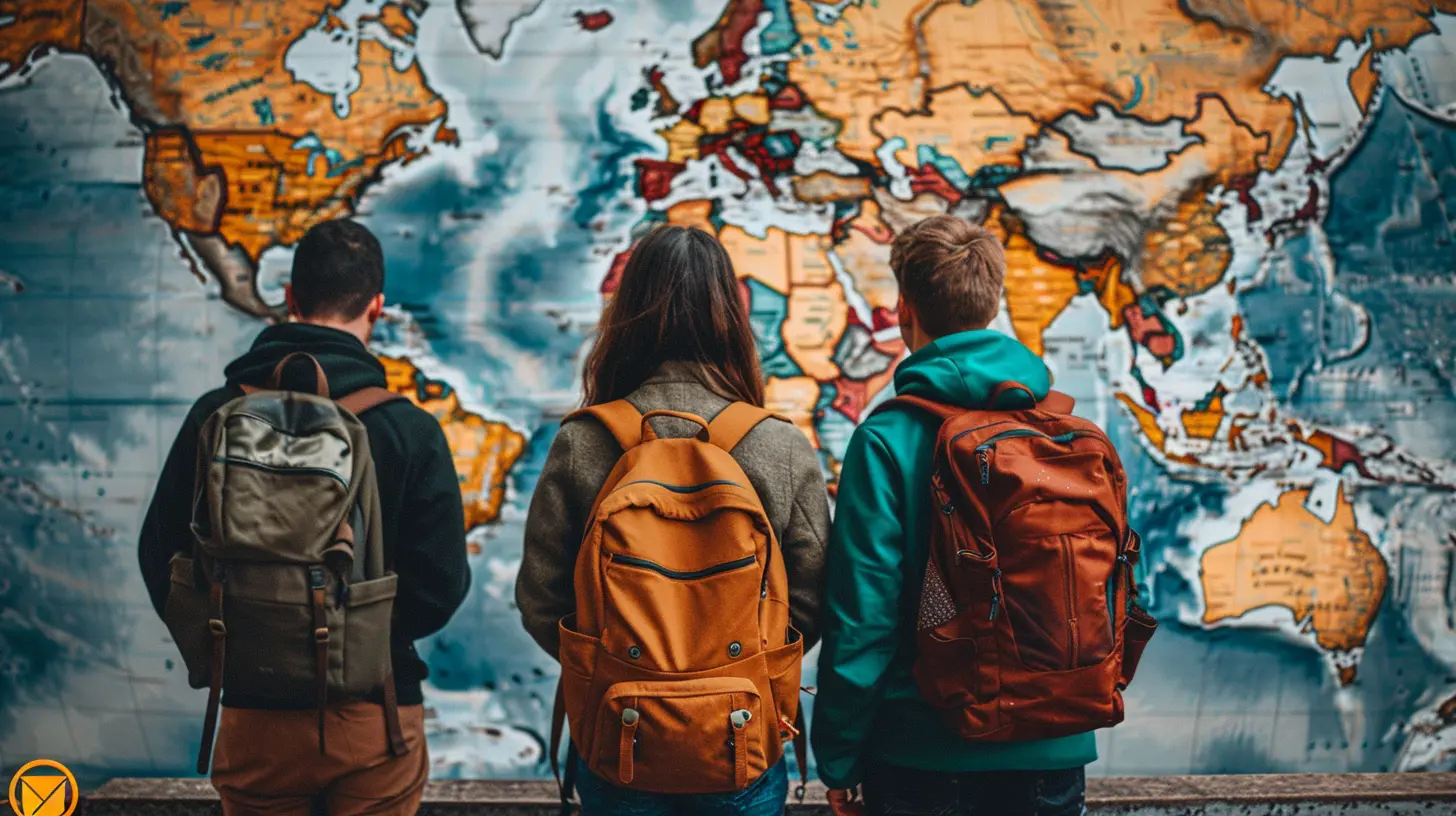
Breaking Down Stereotypes One Trip at a Time
Let’s face it—media doesn’t always get it right. A lot of what students think they “know” about other cultures comes from TV shows, movies, and social media. And guess what? That stuff often reinforces stereotypes instead of breaking them.But when students travel, those lazy generalizations start to crumble. They see real people living real lives, often in ways that completely contradict what they assumed. That’s powerful.
Imagine thinking a particular country is unfriendly, only to be welcomed with warmth and kindness at every corner. That kind of eye-opener doesn’t just change opinions—it changes hearts.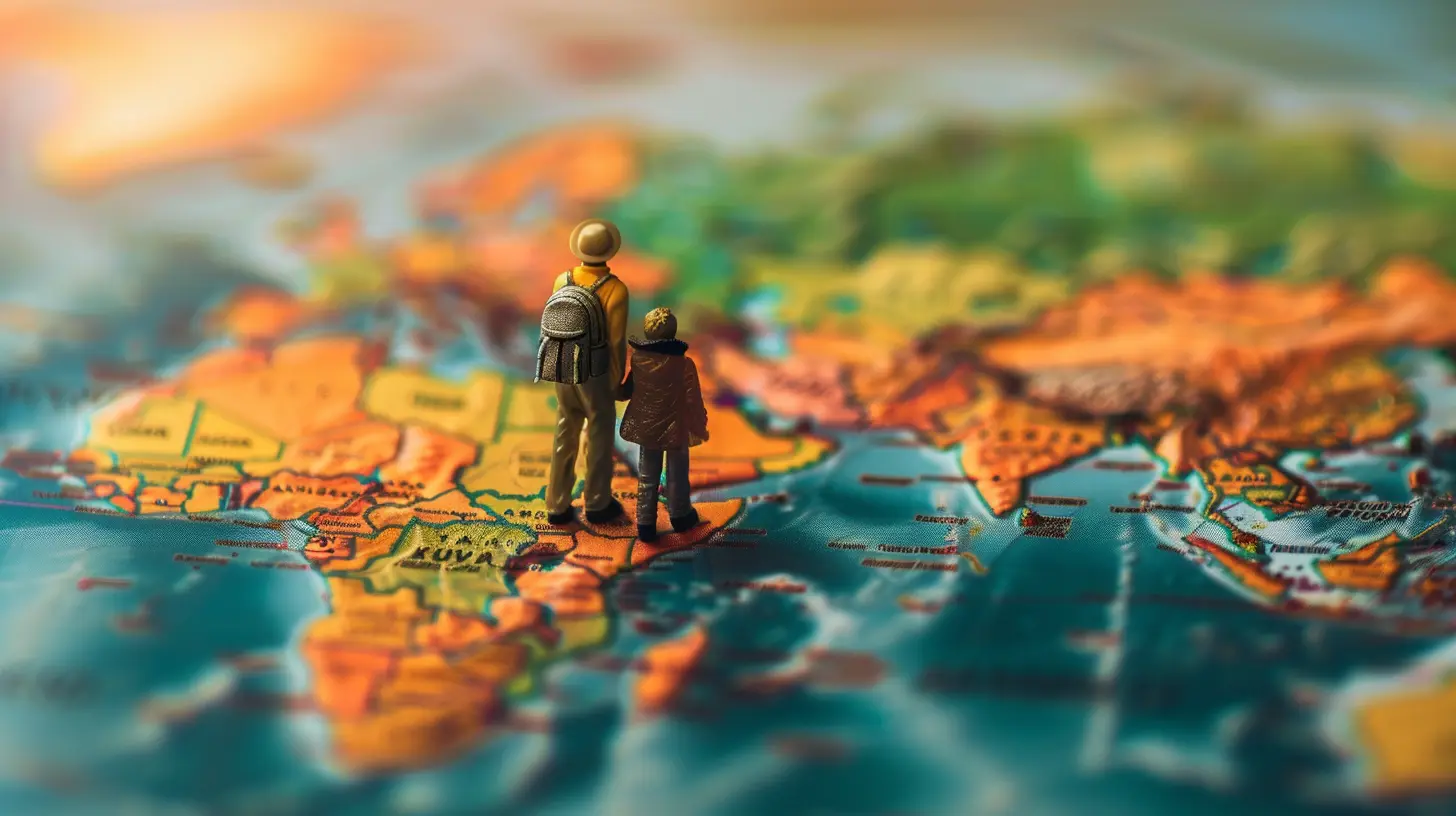
Learning through All Five Senses
Let’s talk sensory experiences. Reading about Indian spices is one thing. Smelling curry from a street vendor, watching it sizzle in a pan, tasting that explosion of flavor? Whole different story.Travel is a full-body lesson. Students hear new languages, see unfamiliar customs, smell exotic foods, and touch things they’ve never felt before. These experiences create deeper memory connections. Facts become stories. Lessons become personal.
And when something moves from the brain to the heart, that's when real learning happens.
Boosting Empathy and Emotional Intelligence
Here’s the truth: It’s hard to judge someone when you’ve walked through their neighborhood or shared a meal in their home.Travel builds empathy. When students see how others live—especially in less-developed areas—it shifts their worldview. Poverty becomes real. Inequality has faces. And suddenly, solving global problems doesn’t feel like just another classroom project—it feels personal.
Students who travel often return more compassionate and open-minded. They become better listeners, more curious questioners, and more thoughtful humans overall.
Language Learning with a Twist
Studying a language in class is great. Practicing it in real life? Game-changer.When students travel to countries where another language is spoken, they’re forced to use what they’ve learned. Even better? They pick up slang, local phrases, and accents that make their skills more natural.
Plus, when you have to order lunch or ask for directions, your motivation skyrockets. It’s no longer about passing a test—it’s about surviving (and maybe even thriving).
Real-World History and Geography Lessons
Let’s be real: History comes alive when you’re standing where it actually happened. Visiting the Colosseum in Rome or walking through the Killing Fields in Cambodia hits way harder than any bullet point in a textbook.The same goes for geography. Mountains, rivers, climates—they’re not just colored blobs on a map. They become real, tangible, unforgettable.
Students begin to connect the dots between land, culture, politics, and even food. Suddenly, the world makes more sense.
Building Confidence and Independence
Traveling—especially without mom and dad—forces students to step up. They have to navigate airports, solve problems, and manage their budgets. That’s serious adulting right there.Each challenge they overcome boosts their confidence. Lost luggage? They figure it out. Language barrier? They mime, gesture, and get creative until they succeed.
These skills transfer back into everyday life. Students return more independent, self-reliant, and capable of handling whatever life throws their way.
Making Lifelong Friendships (and Collabs!)
There’s something about sharing travel experiences that forges strong bonds. Whether it’s fellow students on a study tour or local peers met during an exchange program, the people students meet abroad often turn into lifelong friends.And these friendships don’t just add joy—they open doors. Future internships, international jobs, collaborative projects… the possibilities are endless.
Networking starts young, and travel is an incredible way to start building a global tribe.
Developing Global Citizenship
In a world full of “us vs. them,” travel teaches students that we’re all part of one big human family. It’s not about borders—it’s about shared values, struggles, and dreams.When students travel, they begin to see themselves not just as citizens of their country, but as global citizens. They start thinking about how their actions impact the world, from environmental choices to cultural respect.
This sense of responsibility fuels activism, innovation, and next-level leadership.
Encouraging Curiosity and Lifelong Learning
Once students catch the travel bug, it opens the door for lifelong learning. They start asking deeper questions. Why do people eat with their hands here? What’s the story behind that temple?Curiosity becomes second nature. And that curiosity spills over into other parts of life—new hobbies, languages, careers.
The world becomes a classroom, and every trip is a new lesson.
Practical Tips for Integrating Travel into Education
So, how do we actually make this happen? Not every school can afford international travel, but that doesn't mean students should miss out. Here are a few ways to bring travel into the mix:1. School Exchange Programs
Partner with sister schools abroad and give students the opportunity to live and learn in another country.2. Study Tours and Field Trips
Even a guided tour to a culturally rich neighborhood in your own city can pack a punch when planned right.3. Virtual Cultural Tours
Thanks to virtual reality and online exchanges, students can connect with peers in other parts of the world without leaving the classroom.4. Volunteering Abroad
Programs like Habitat for Humanity or service trips allow students to contribute while soaking in new experiences.5. Cultural Immersion Assignments
Encourage students to interview people from different cultural backgrounds, attend cultural festivals, or try cooking global recipes at home.Final Thoughts
Travel isn’t just a luxury—it’s an education. It changes the way students see the world, and more importantly, how they see each other. It builds bridges where there were walls. It teaches that differences aren’t threats, but treasures.If we want to raise empathetic, open-minded, and globally competent individuals, then travel has to be part of the curriculum—not just an extracurricular.
So, whether it’s a flight across the ocean or a drive to a neighboring town, every journey counts. Every experience matters. And the cultural awareness gained? That lasts a lifetime.
all images in this post were generated using AI tools
Category:
Cultural AwarenessAuthor:

Olivia Chapman
Discussion
rate this article
1 comments
Hunter Frank
Travel fosters empathy and understanding, enriching students' global perspectives.
November 19, 2025 at 4:04 AM

Olivia Chapman
Absolutely! Travel exposes students to diverse cultures, fostering empathy and broadening their understanding of the world.

